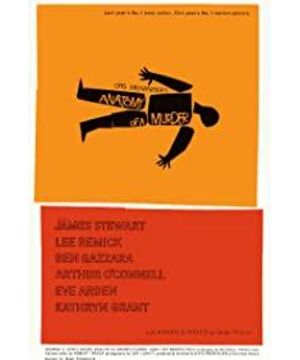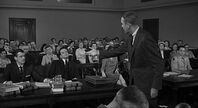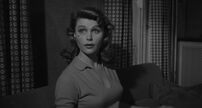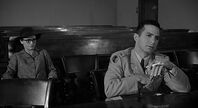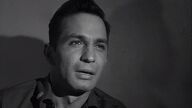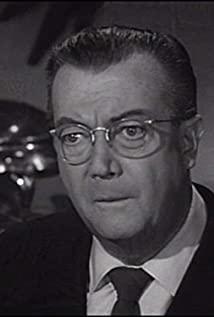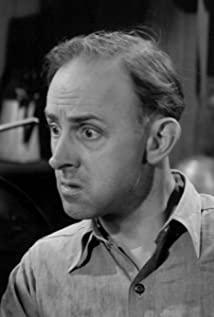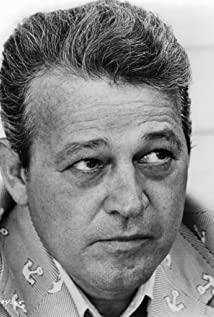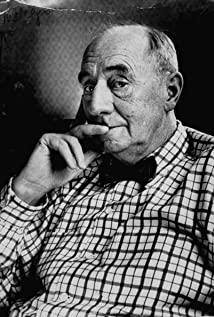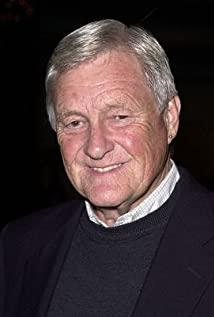Although the subject matter and narrative are more like "The Prosecution Witness", and the process even reverses the judgment than "The Prosecution Witness", it is actually the target of "Twelve Angry Men".
"The Prosecution Witness" is a more exciting case, but it lacks reflection on the judicial system. Although the film uses the narrative of the suspense film, it is only in sheep's clothing, because Otto did not give the suspense a truth. This led to the lack of a foothold for all the clues and emotions mobilized in the front, so that there are many criticisms of the rhythm of the film.
However, Otto's original intention was not to tell a good story, but to ask a good question, which is not in the same dimension as "The Prosecution Witness". It is more like a court game that was not filmed in "Twelve Angry Men". It's just that this game has deviated from the purpose of digging the truth into a rather technical debate performance, and all actions are aimed at wooing the jury.
Therefore, the defense can exploit judicial loopholes to fabricate evidence, and the prosecution can also humiliate the slut in a moral trial. Under the question that was stopped by the judge, it was their respective hints to the jury, and even the purpose of the questions was to convey hints rather than obtain answers. Under such a trial in which the truth is absent, what choice will the jury make? What choice would you make?
This is the various out-of-context news and subsequent fancy reversals we face today. The suggestion to the jury evolved to hunt for traffic. Under the bombardment of information with such a lack of truth, it takes so much insight and luck to make correct judgments. Even if we have an impartial judge, we still have to face this question: How can the jury ignore what has just been heard? No, they can't.
At the end of the film, the old man sighed, and he ended up in "God bless juries".
.
God bless us.
View more about Anatomy of a Murder reviews


